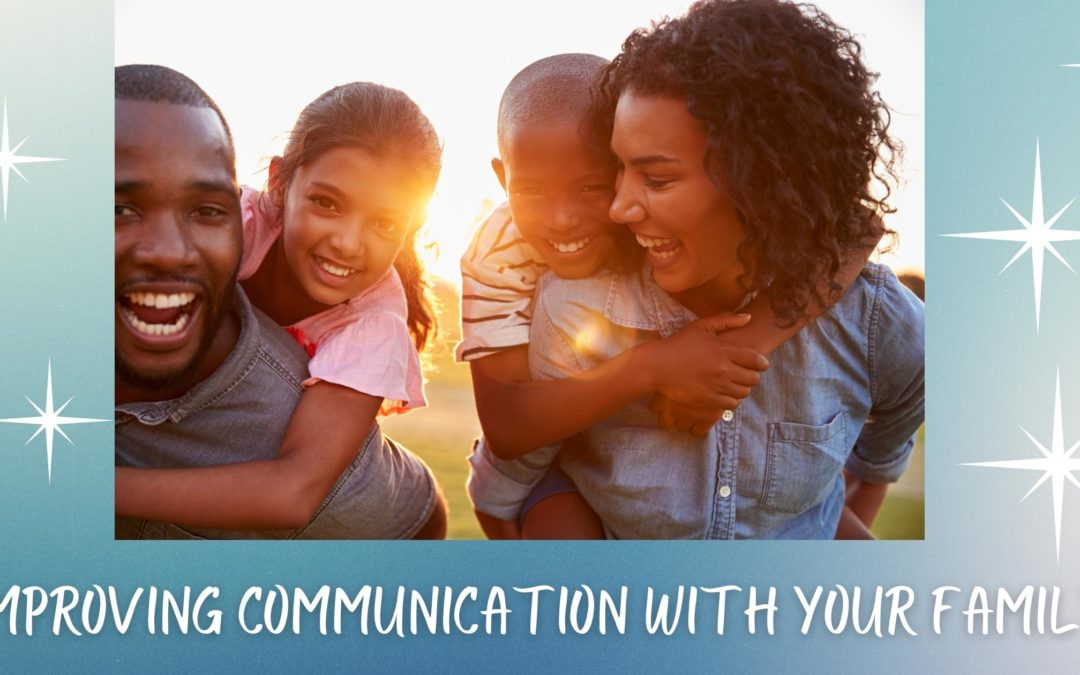Communication is foundational to relationships with loved ones. Effective communication helps sustain and nurture connections with family and friends. Hearing loss can affect communication in a number of ways that can take a toll on these relationships. But being proactive about your hearing health and needs can significantly support communication with your family. It is important to be open about your hearing loss with family so that there is an ongoing conversation about how to best meet your hearing needs. There are several measures both you and your loved ones can practice to improve communication.
What You Can do To Improve Communication
There are several things you can do to help create the best possible conditions for effective communication with your family . This includes:
- Wear hearing aids. Hearing aids are medical devices that provide ample support for hearing. The most common treatment for hearing loss, these electronic devices are designed with innovative technology that helps your ears and brain with absorbing and processing speech as well as sound. Hearing aids are made to help maximize your hearing capacity so it is essential that you wear them! These devices should be worn during waking hours so that you can navigate throughout the day safely and with greater ease.
- Disclose hearing loss. It is important to share your hearing loss with your loved ones. Disclosing your hearing loss by discussing your specific experience as well as what others can do to provide support is an incredibly useful way to advocate for your hearing needs. Letting others know that you have hearing loss informs them of the challenges you experience with hearing and communicating. They have likely noticed symptoms and have been impacted by your hearing loss. So sharing this information provides clarity as well as invites them to also make spaces and conversations more accessible.
- Have hearing assessed regularly. Hearing needs can change over time which is why it is important to have your hearing assessed regularly. You will likely be seeing your hearing healthcare provider every 6 months which is a great way to stay on top of your hearing health. This allows you to identify any changes you experience and ensure that your hearing aids are still meeting your hearing needs optimally.
- Share communication tips. Disclosing hearing loss with your family also allows you to share and openly talk about how others can support your hearing needs. Be sure to share specific communication strategies they can use to maximize your hearing capacity, making conversations smoother.
These measures can profoundly help with effective communication which is essential to maintaining relationships and connections. Be sure to prioritize your hearing health and needs by practicing these tips.
Tips for Effective Communication Strategies
After adjusting to hearing aids, you will become an expert in how to best navigate conversations and social activities. Identifying and sharing ways that people can adjust to maximize their hearing capacity is a great way to improve communication. A few tips include the following:
- Grab attention. You can do this by calling their name or tapping them on the shoulder. Grabbing their attention before speaking allows them to be better prepared for the conversation.
- Be visible. It is important to maintain visibility which gives access to non-verbal cues and lip-reading, tools that help people with hearing loss follow the conversation. Avoid having a conversation while in a different room, while engaging in other activities like cleaning or cooking, and multitasking during the conversation.
- Reduce background noise. Background noise can be a major source of distraction, making it harder to hear and concentrate on the conversation. Lower any background music, power off the television, avoid using noisy household appliances during a conversation.
- Rephrase rather than repeat. If your loved one has difficulty hearing and processing something you’ve said, try rephrasing rather than repeating. Sometimes, specific sounds can be more challenging to hear so using a new set of words creates a greater possibility that they will be able to process more easily.
- Pause while speaking. Speak in a clear voice and enunciate words fully. It is also important to take pauses to give the other person time to process what is being said.
- Use nonverbal cues. This includes facial expressions, body movements, hand gestures, etc. which help provide more context to the conversation.
Practicing these tips can make conversations more dynamic, engaging, and easier to participate in.


